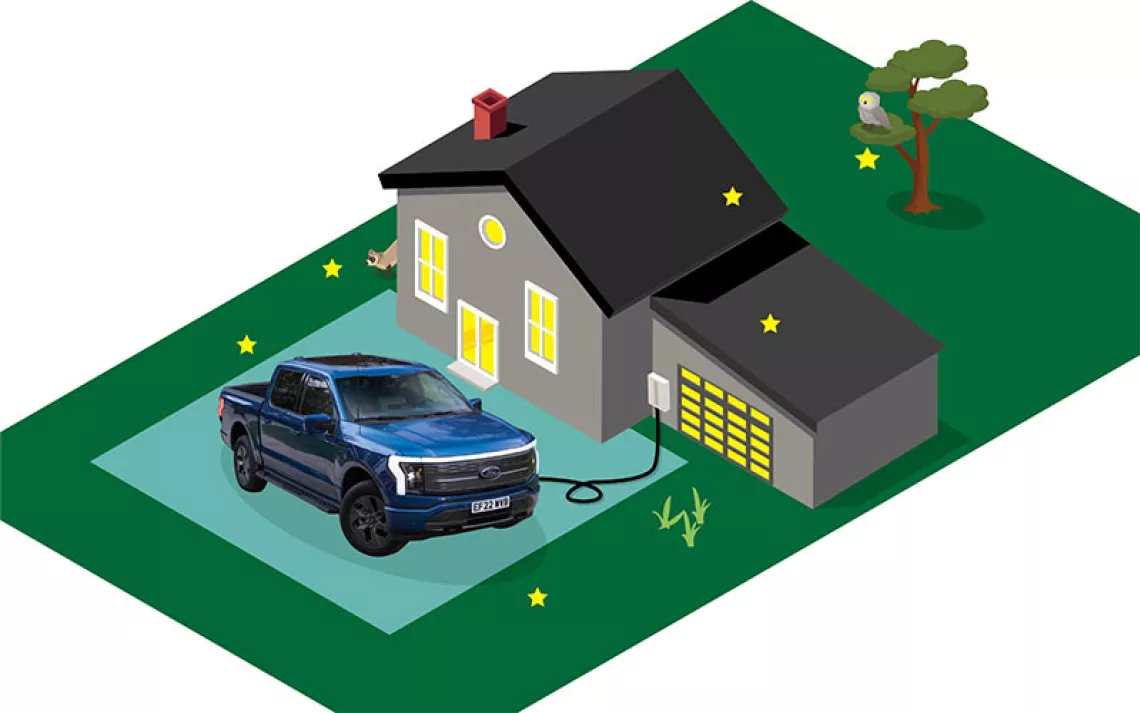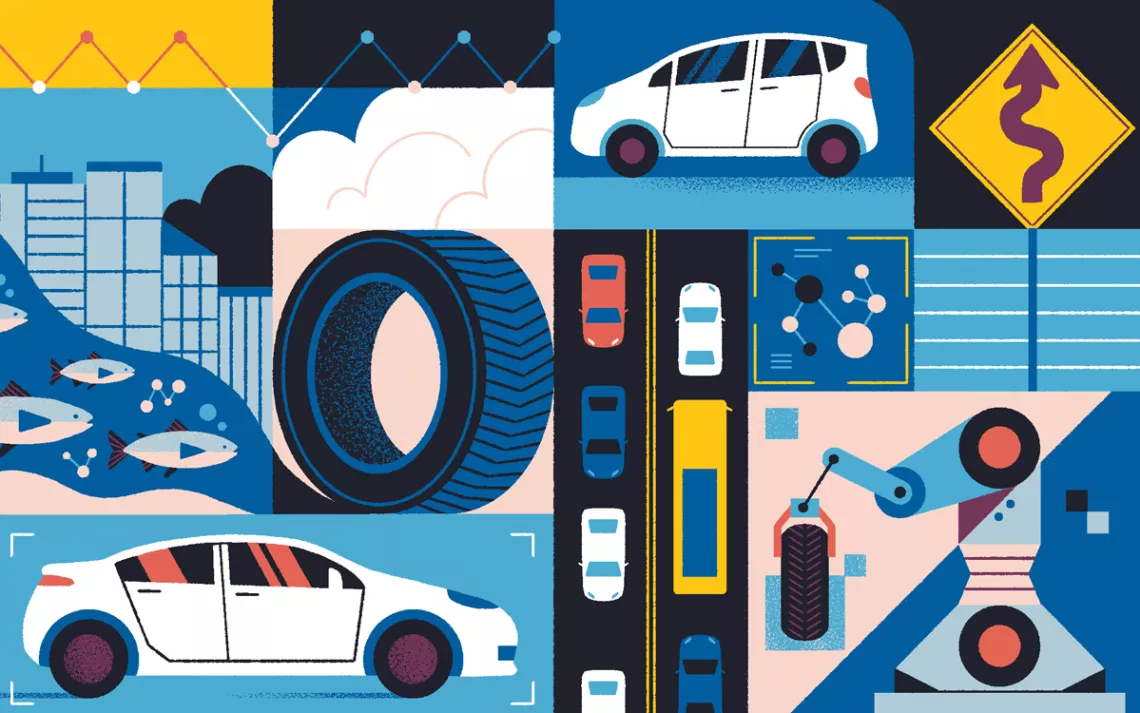2017 Electric Vehicle Buyers' Guide
Five of the best 2017 EVs, chosen for range, ease of charging, and affordability
In past years, car shoppers could justify holding off on buying an EV by citing the cars' high purchase prices and range challenges. Today, those objections ring hollow: Prices have come down dramatically (helped by both federal and state subsidies), used EVs are now available, and range keeps increasing as battery technology improves.
Charge times are also shorter, since most EVs are now equipped for 480-volt DC "fast-charging" (usually 30 minutes to achieve 80 percent capacity). The key thing to remember is that there are three types of fast-chargers: CHAdeMO (used by most Asian automakers), the Combined Charging System (used in most American and European EVs), and Tesla's proprietary system. Many chargers are equipped with both CCS and CHAdeMO wands, but usually they can charge only one car at a time—and sometimes that makes for a long coffee break.
Here are my five picks for 2017 models, chosen for affordability, range, and ease of charging. Any one of these zero-emission cars is likely to deliver a satisfying driving experience (although you may still need to use another vehicle for long trips). Perks—besides the subsidies—include access to HOV lanes in California and other states and preferred parking in many airports and other locations.

Chevrolet Bolt
Kudos to Chevy for producing an EV with a range of more than 200 miles for under $40,000. (Tesla is also chasing this target with its Model 3.) The Bolt's price of $37,500 comes down to $30,000 with the federal tax credit. It gets 119 MPGe (miles per gallon equivalent) and has a hefty 238-mile range from its 60-kilowatt-hour (kWh) lithium-ion battery pack. The large battery size means it takes more than nine hours to charge at 240 volts. If you add CCS, a half hour plugged in yields 90 miles of driving.

Volkswagen e-Golf
The e-Golf has superior handling, performance, and overall fit and finish. Engineers have boosted its range by 50 percent, to 125 miles per charge. A 7.2-kilowatt on-board charger is now standard on all models, and CCS fast-charging (standard on all models but the SE) delivers 80 percent capacity in 30 minutes. The e-Golf can go from zero to 60 in 9.6 seconds, with an 85 mph top speed. The 2017 model is $29,000 before rebates.

BMW i3
The i3 hews to BMW's "Ultimate Driving Machine" image—it's a blast on the road. The $42,400 base car is good for 114 miles on a full charge; for $47,450 you can get the Range Extender version, which adds a small gas motor for 180 miles of travel. A 240-volt charge takes 4.5 hours. Fast-charging? It's standard via CCS and gets the car to 80 percent capacity in 20 to 30 minutes.

Ford Focus Electric
Ford Motor Company offered America's first domestic hybrid and its first mainstream battery pickup. Ford's current zero-emission entry is the Focus Electric, available from 100 EV-certified company dealerships nationwide. For 2017, the Focus Electric is much improved, with a larger, 33.5 kWh battery, a range of 115 miles (up from 76 in the 2016), and standard CCS fast-charging. The price is slightly reduced, to $29,120 plus delivery charges and before rebates.

Tesla Model S
The Model S remains the gold standard for range—351 miles in the 100D model. It also sets the pace for styling, versatility, and performance, and Tesla's exclusive national network of fast-charging stations (170 miles of range in 30 minutes) is a huge plus. Tesla says that a 240-volt charge adds 31 miles of range an hour and could take 10 hours with the larger packs. You do pay for the Tesla miracle—the 100D just got a price increase and now starts at $95,000.
For more models, plus a guide to picking the right EV for you, go to sc.org/evguide.
 The Magazine of The Sierra Club
The Magazine of The Sierra Club



